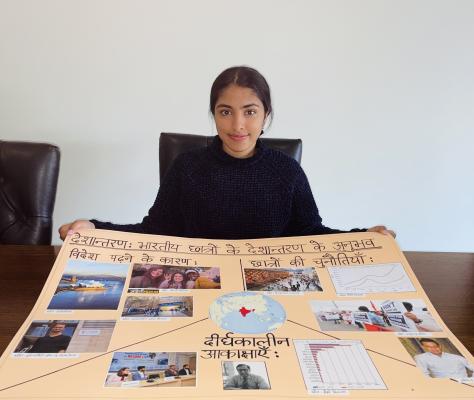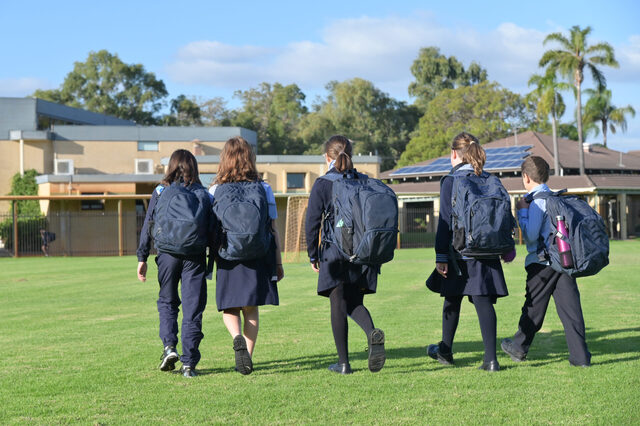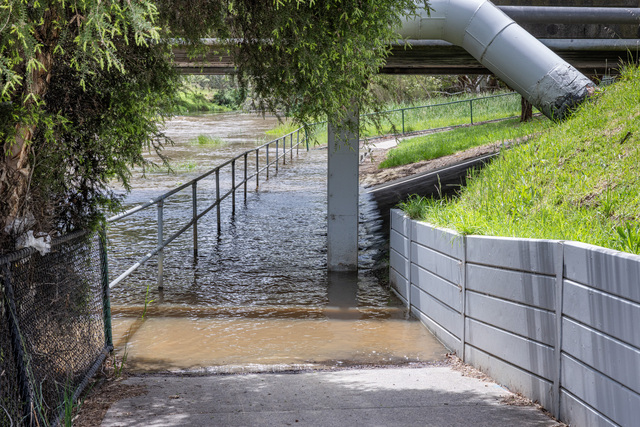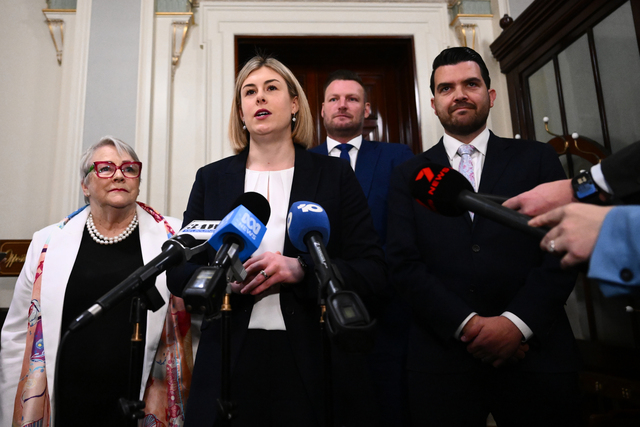A St Margaret’s School student who won one of the state’s most prestigious study awards has shared her study tips and tricks for other students.
Sanya Verma, now in year 12 at St Margaret’s, was awarded a Premier’s VCE Award for her phenomenal studies in Hindi.
Sanya, who was in year 11 when she completed the final-year subject, learned Hindi at the Victorian School of Languages and attended class every Saturday morning.
Hindi is her mother tongue and although her family speaks it at home, her interest in the language was really piqued when she went on a family vacation to India in year 7.
“We went to several spiritual destinations and I remember some of the places had boards and signs written only in Hindi, and that’s when it struck me that I didn’t know much about my mother tongue and culture and should learn to read and write in Hindi,” the student explained.
She feels that learning a language is different to learning other subjects in VCE.
“Most of the other subjects in VCE are very content-based and theory-related, but Hindi and other languages are very skills-based,” Sanya said.
“They test you on writing, listening, reading and speaking so you needed to become proficient in all four categories.”
Learning online was a bit of a challenge because she was unable to practise things like reading and speaking in a classroom environment – but fortunately Sanya had the support of her family, especially her grandmother, to bounce her new skills off at home.
“Remote learning had its pros and cons and it was up to the student to balance maintaining learning the language at home even when not in the classroom – you had to be driven by yourself,” Sanya said.
Her biggest piece of advice for other students learning a language in VCE is to maintain consistency.
“You need to be consistent in how you practice your skills. Doing those things consistently can build your skills in the long run so you’re not overwhelmed when exams come,” she said.
She also recommends integrating learning and practice with daily activities – like listening to an in-language podcast or news service while going for a walk.
“Doing things like this might sound mundane, but in the end it’s going to lessen your workload.”
As VCE students rush headlong into the final few weeks of learning before their end-of-year exams begin, Sanya urged them to work smarter, not harder.
“It’s really easy to get overwhelmed in that kind of situation and it’s important to take a step back and think about how to work smarter,” she said.
And after an exceptionally busy year 11 – albeit with an exceptional reward for her effort – she says she would recommend learning a language at VCE level to any student.
“I feel like sometimes people overlook VCE languages – I never knew VCE languages were available.
“It’s important that everybody knows that there are organisations such as VSL available to teach them to people.”
She also paid tribute to the guidance and support of her St Margaret’s teachers for encouraging her agency in her learning.

















